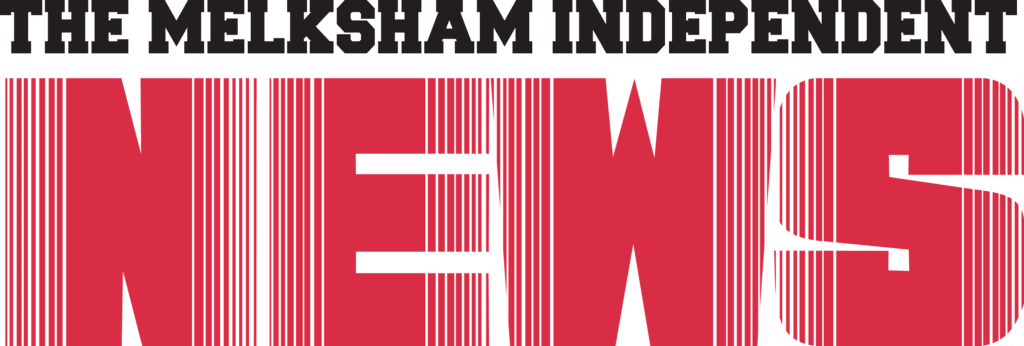Wiltshire Council’s budget for 2021/22 has been agreed, with details of how it will overcome the challenges brought on by the pandemic – including setting aside a £4million fund over four years to support market towns’ recovery from the pandemic.
The budget was signed off at a meeting of full council on 23rd February, and the budget for 2020/21 was confirmed as balanced, despite the unprecedented challenges of the past year.
The proposals agreed include:
• A 1.99% general increase in basic council tax
• A 3% council tax levy specifically for Adult Social Care to address the £8.6m growth due to the increasing age demographic and needs of the residents of Wiltshire
• A £6.6m allocation for investment in Children’s Social Care and a further £1.5m to respond to rising demand for special educational needs service
• Increase of investment in waste services by £2.6m to a total of £42.3m
• A six-fold increase in its discretionary hardship fund to £300,000, held to assist those families and residents that, after undertaking all avenues of support to reduce their council tax bill, need further support from the council
• An investment of nearly £2m to help fund the planned £214m investment in its capital programme, which includes:
• Investing over £22m in maintaining Wiltshire’s road network.
• Investing over £23m in schools, including the replacement of the lower block at Stonehenge School.
• Continued investment of over £20m in the council’s Health & Wellbeing centre sites, including the significant investment in Melksham Community Campus
• Continued investment into carbon reduction initiatives, with £3m for the final transition to LED streetlights and more than £4m for energy efficiency projects for its buildings and estate
• Investment of over £50m in housing for Wiltshire, with around 1,000 new council houses provided over the next 10 years
Following the impact of the ongoing pandemic, towns throughout the county will need support to help them recover. The £4m fund set aside, made up of £1m a year for the next four years, will be set up to support market towns to bounce back. More details on how this funding will be distributed and its use will be available in due course.
The council estimates the direct impact felt from Covid-19 in the 2021/22 budgets for services will be around £5m, which mainly takes into account the loss of income from services such as leisure, libraries and car parking, but does not include the loss of council tax.
Despite the challenges and uncertainty that lay ahead, the council’s Cabinet is proposing a balanced budget in 2021/22.
The council will receive significant one-off funding support from Government in 2021/22 in recognition of the ongoing response to the pandemic.
The budget report and a replay of the meeting (at its conclusion) can be found at Agenda for Council on Tuesday 23 February, 10.30 am | Wiltshire Council














